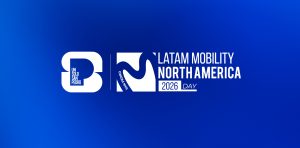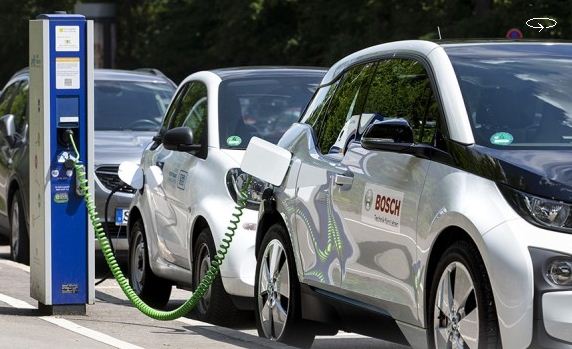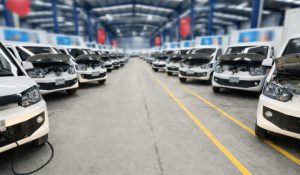
Bosch Launches Innovations to Pave the Way to Carbon Neutrality in Transportation

From September 20 to 25, 2022, a new edition of the IAA Transportation 2022 will be held, recognized as the largest and most important trade fair for buses, vans, trucks and trailers, where major manufacturers and brands linked to the automotive industry present their innovations.
During the event to be held in Hannover, Germany, Bosch will unveil its technological range to promote sustainable mobility on a global scale. With the aim of achieving carbon neutrality, the company is developing a range of efficient propulsion systems, from combustion engines to battery-electric and fuel cell propulsion systems.
With regard to the fuel cell system for refrigeration units, Bosch developed, together with Carrier Transicold, a structure to supply power to the refrigeration units. Compared to previous solutions, it is significantly quieter and enables climate-neutral operation by being powered by green hydrogen.
Powertrain
Another innovation to be presented by Bosch at IAA Transportation 2022 will be the eDistanceTruck powertrain solution, designed for long-distance heavy transport.
On its official website, the company explains that the heavier the load and the longer the route, the short refueling times and long range of a fuel cell powertrain become.
Read also: Enel X Way, SQM, Uber and Tucar Seal Alliance to Promote Electromobility in Chile
Electromobility
In terms of sustainable mobility, Bosch will present an all-electric power steering called “ServoE,” which expands the company’s product portfolio to include an electrified control system for heavy trucks. Because the steering system operates exclusively with electric servo motors, it requires no additional hydraulic oil or pumps. The system’s redundant design supports assist functions, including automated driving. Its function and steering feel can be tailored to each customer’s needs.
Also, through a robust platform, Bosch introduces digital charging planning, a cloud-based software solution that seamlessly integrates electric charging into logistics planning and service operations for fleets of electric vehicles.

Intelligent energy management optimizes charging costs in depots and logistics centers, for example by smoothing charging peaks. Battery data and other external factors are included in route planning to reduce recharging and thus downtime during the day. Automated subcontractor billing ensures smooth processes and more clarity in operations.
These innovations are part of Bosch‘s vision to mitigate climate change, which is why they see freight transport as requiring a comprehensive technology offensive.
The brand expects to play a role in the realization of climate-neutral transportation in all vehicle classes.





